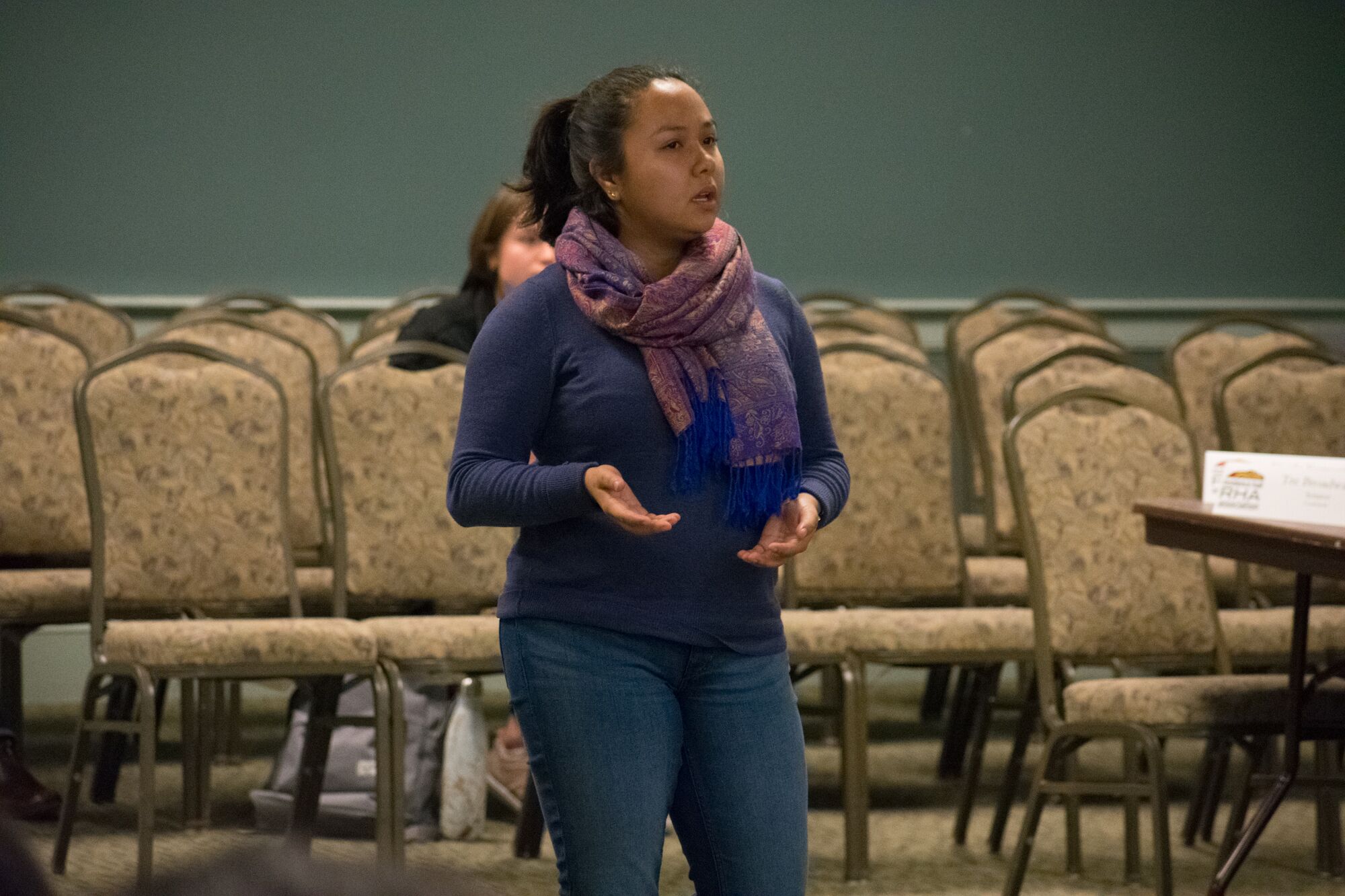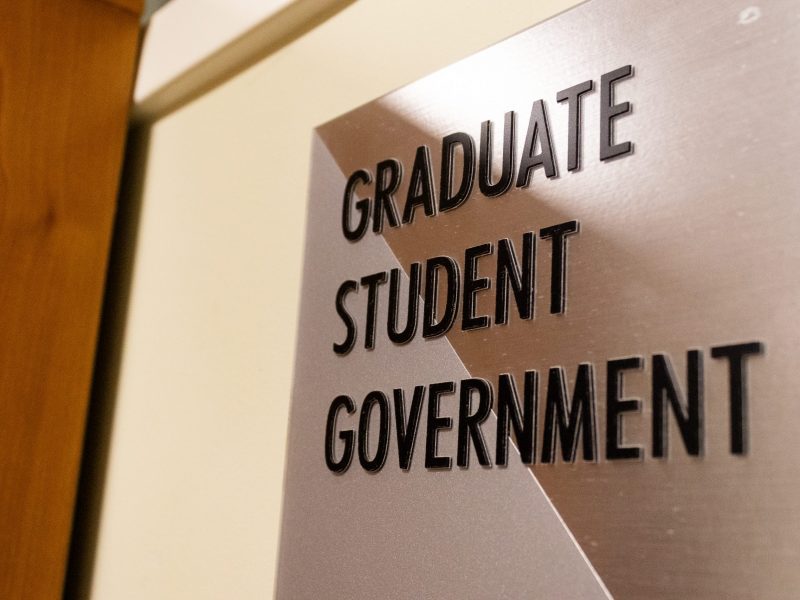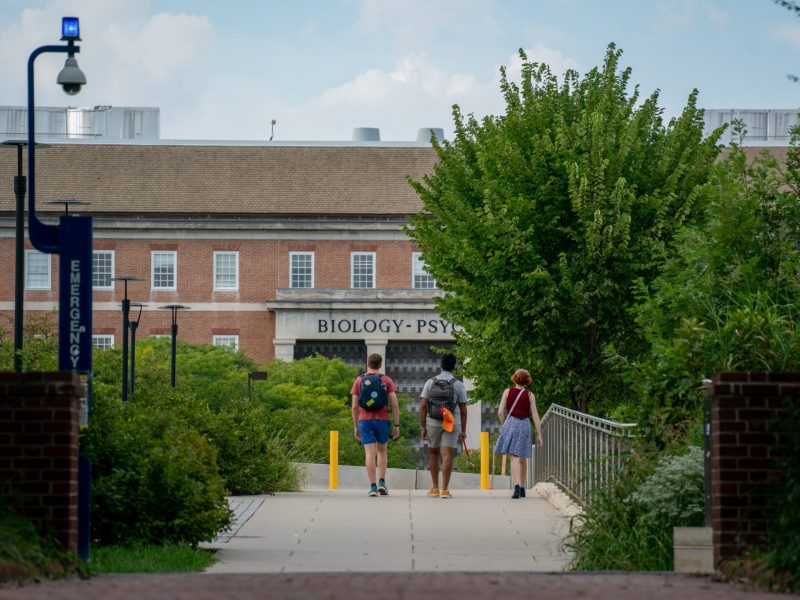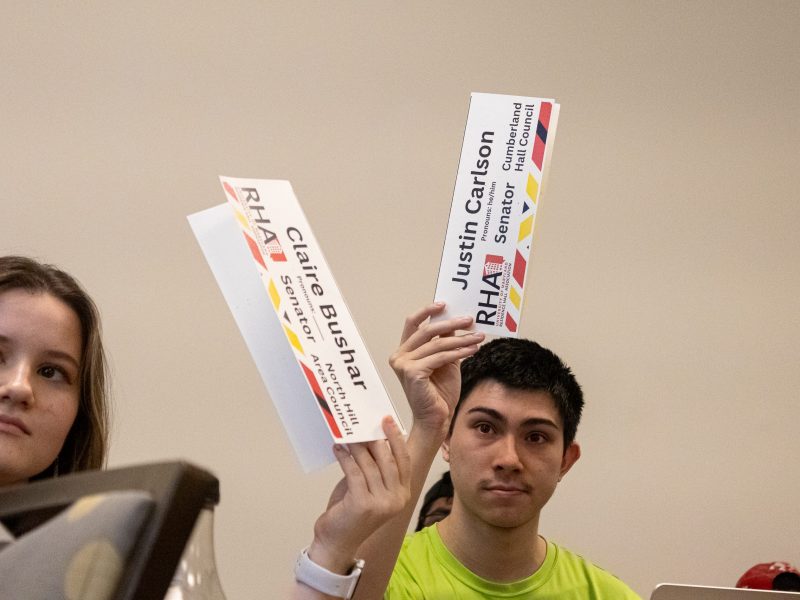The University of Maryland’s RHA Senate convened Tuesday to discuss fee proposals the body voted on at its last meeting.
On Feb. 22, the Committee for the Review of Student Fees passed the budget proposals with some minor edits, said Residence Hall Association President Dana Rodriguez, a senior finance and government and politics major.
The campuswide committee — which represents the RHA, faculty and staff, the Student Government Association and graduate students — passed the Department of Resident Life’s proposed 3 percent increase of fees for the cost of a traditional air-conditioned dorm, as well as a suggested 2.5 percent hike in fees for campus meal plans, Rodriguez said. The body is an advisory body to university President Wallace Loh and considers and approves mandatory and non-mandatory student fees, Rodriguez said.
[Read more: Proposed fee increases for UMD dorms and dining plans gain RHA Senate’s support]
The Department of Transportation Services’ proposal, which the RHA rejected in the last Senate meeting in a 24-7 vote, underwent edits from the committee to address the RHA’s concerns that the plan was too expensive. The committee decided on a 7 percent increase in fees, rather than a 16 percent increase as proposed, Rodriguez said.
“We said that 16 percent was completely ridiculous for DOTS to be asking, and we were able to push that down with facility and student support,” Rodriguez said. “It is the work of great people on this team.”
A meal plan for the 2017-18 academic year cost $4,532, and will increase to $4,645 the next academic year. Living in an air-conditioned double dorm room this year cost $7,190, but the proposal increased this fee to $7,425 for the 2018-19 academic year. The original hike to parking fees would have increased on-campus parking permit from $293 to $340 for commuter students and $567 to $658 for on-campus residents.
[Read more: One year after its creation, a UMD sustainability program is expanding to 13 dorms]
“The fee increases are necessary, so the different departments can meet state and federal demands,” said Doron Tadmor, a sophomore finance and international business major.
There is going to be a $302,000 hole in the DOTS budget, as the full 16 percent will not be charged, said Aaron Abshire, a freshman enrolled in letters and sciences and the chair of the Transportation Advisory Committee.
During the meeting, the body also approved Ivey Tucker, a senior environmental communications major and four-year RHA member, as the election chair, who will be in charge of seating the RHA’s next president and vice president, Rodriguez said.
The election chair’s job is to help transition the new executive board and encourage and appoint other council members to the position, Tucker said.
“I’m going to be helping RHA bring in a new generation of the executive board,” Tucker said. “I am very excited to help pass the torch to a new executive board.”
CORRECTION: Due to an error, a previous version of this article stated that the University Senate would propose a bill reimbursing DOTS for revenue it would have made off of parking lots built in the future. This story has been updated.



